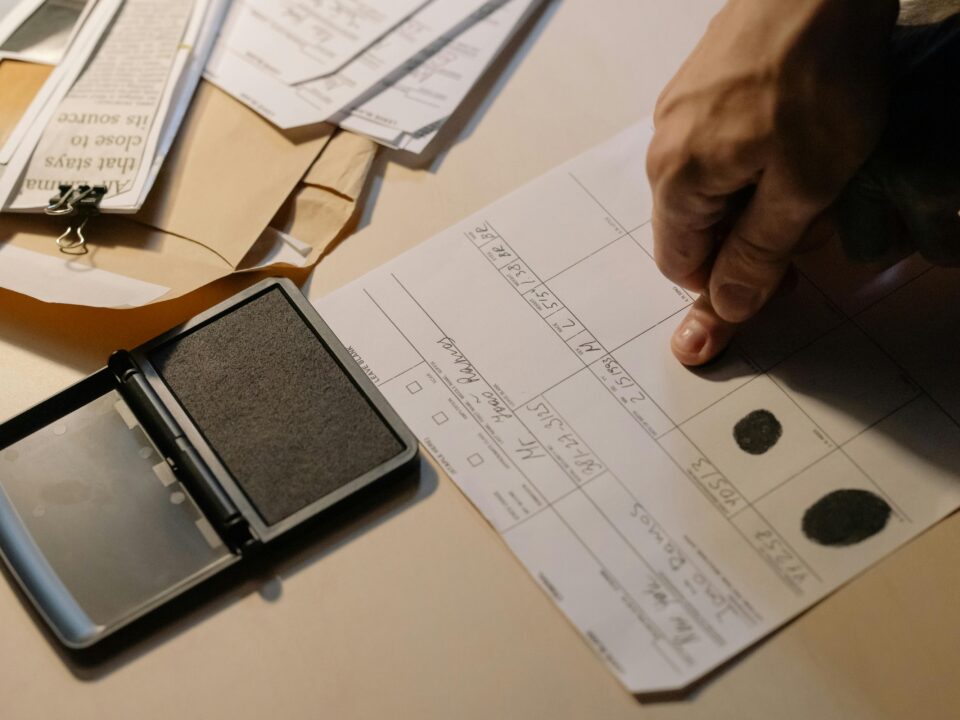
2019 New Year’s Resolution: Your Estate Plan

Vermont’s First Affiliated Reinsurance Company
Preparing for your estate plan consultation is the key to a successful appointment. The primary goal of the initial consultation is to allow the attorney to learn about you, your loved ones, and your hopes, fears, dreams, and aspirations for your family. We’ve prepared a pre-consultation checklist so that you can make the most of you and your attorney’s time.
- Family Information, including full names, nicknames, ages, and contact information for your spouse, former spouse(s) or partner(s), children (whether included in your plan or not), stepchildren and grandchildren. In addition, include information regarding other potential beneficiaries, fiduciaries, or guardians.
- Financial Information for Non-Retirement Assets, including bank accounts, investment accounts (annuities, mutual funds), stocks, bonds, and U.S. Treasury notes. While it is nice to bring account names, numbers, balances and current statements, the attorney is more interested in the titling (sole, joint, tenants-in-common) and order of magnitude of the assets then the exact balances and account numbers.
- Retirement Savings Information, including 401(k)s, 403(b)s, 457s, IRAs, Roths, inherited retirement savings and any pension and beneficiary information Again, exact numbers are not required.
- Life Insurance Information, including the type of policy (term, whole, etc.), the owner of the policy and the named beneficiary.
- Real Property (Real Estate) Information, including property address, ownership interest (sole, joint, tenants-in-common), estimated market value, and an estimate of the outstanding mortgage balance, for your primary residence and any other real estate that you own such as a vacation home, etc.
- Tangible Personal Property (all the “junk and clutter” in your house), a list of special items including antiques, collectibles, automobiles, jewelry, art, that will be given to someone specific upon your death.
- Information Regarding Any Inheritance, including current or future interest you may have in a Trust.
- Business Information, including any business interest that you may have, the location of the business, and the type of business (i.e., closely-held business, family business, limited partnership, etc.).
In addition to your checklist, here are some topics you should be prepared to discuss:
- Whom would you like to receive your property?
- Whom would you like to serve as executor of your will?
- Whom would you like to serve as trustee over any trusts?
- Would you like to care for any minor children if you are unable to care for them yourself?
- Whom do you want to make health care decisions for you if you are unable to make your own decisions?
- Whom would you like to serve as alternate executor, trustee, guardian or power of attorney if your first choice is unavailable or unable to fulfill the duties?
- Do you have specific instructions for your funeral or burial?
You may not be fully prepared to answer some of these questions, and that is okay. Your attorneys are prepared to answer your questions and guide you through the entire process.




